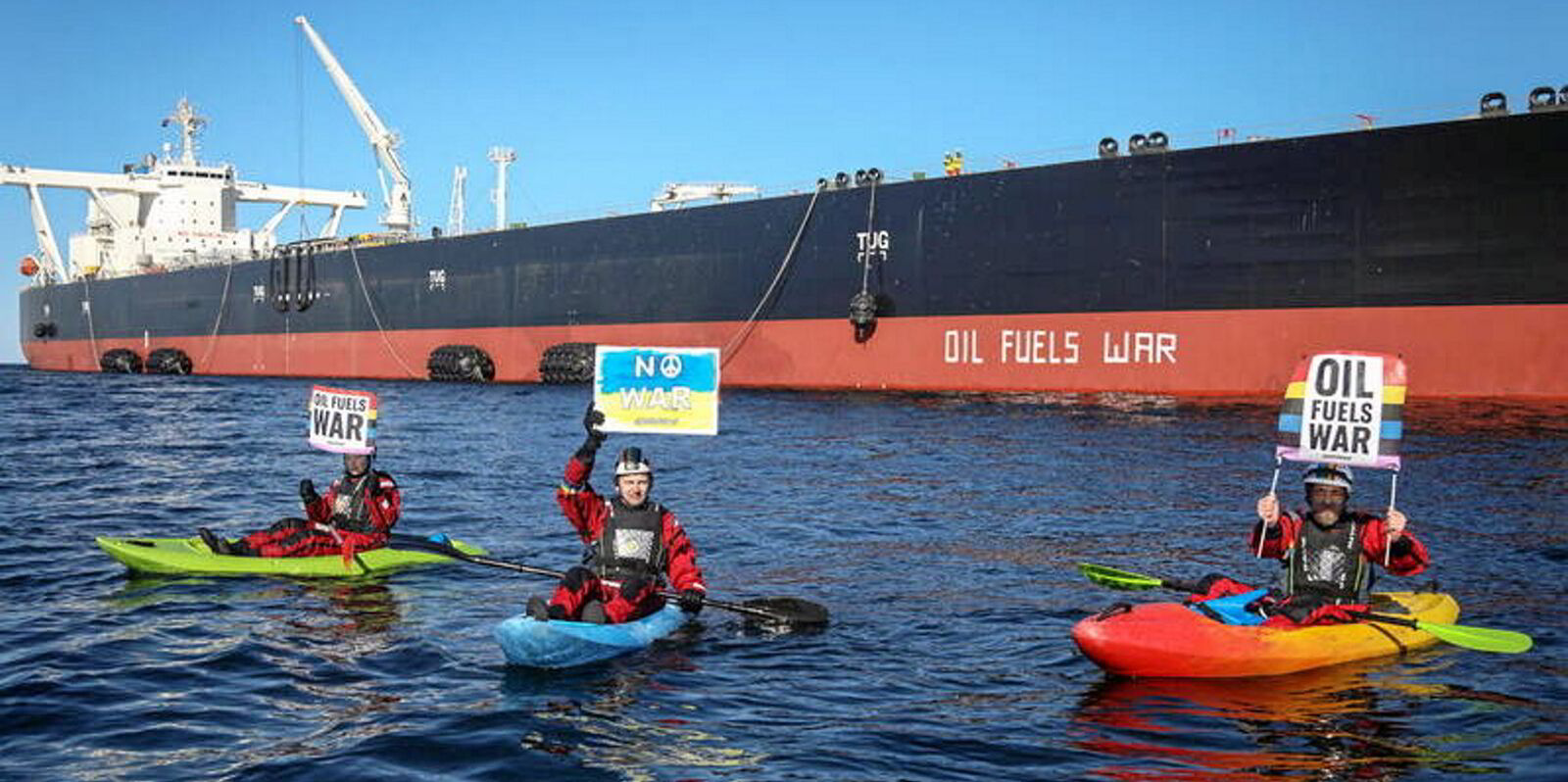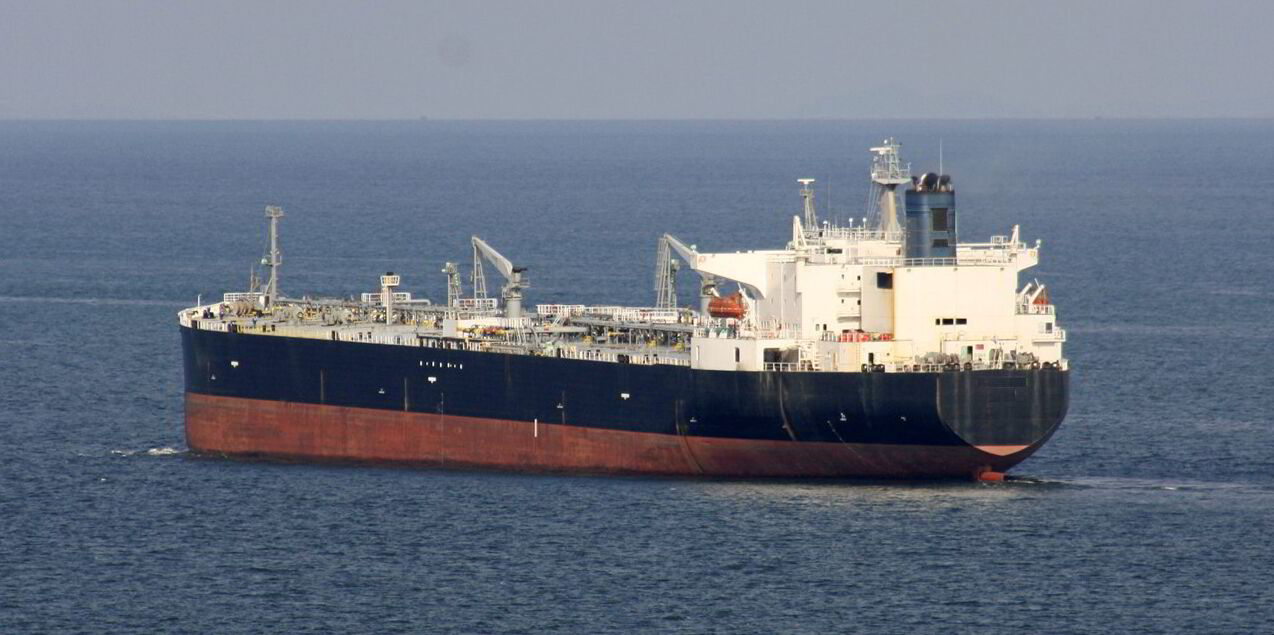The possibility of a serious accident is increasing in Danish waters, as more and more Russian-trading tankers reject the help of pilots.
Research by Danwatch, a Copenhagen-based non-profit investigative organisation, and Bloomberg has found that 20% of these usually older vessels made the Baltic Sea passage with no assistance in the three months to July.
This is up from 4% a year earlier.
Sandbanks and strong currents make crossings potentially tricky, and the use of pilots has been common for years.
Danwatch said nearly 1,200 tankers carrying Russian crude have left the Baltic Sea since the beginning of 2023.
Six out of every 10 cargoes were carried by tankers operating outside the mainstream chartering and insurance sectors in May, June and July — up from 40% in the first quarter of last year.
Danwatch obtained the data under a freedom of information request.
A single trip costs around $10,000 for a pilot.
Condition criticised
Pilots have criticised the condition of ships they have been allowed on board.
Earlier this year, Denmark said it was investigating a collision involving a shadow fleet tanker en route to load Russian crude.
The accident involving the 115,600-dwt Andromeda Star (built 2009), of unknown ownership, happened on 2 March.
No further details were given.
The Panama-flagged aframax had been due to load Russian Urals crude on 4 March at the port of Primorsk in the Baltic Sea, according to shipping data.




